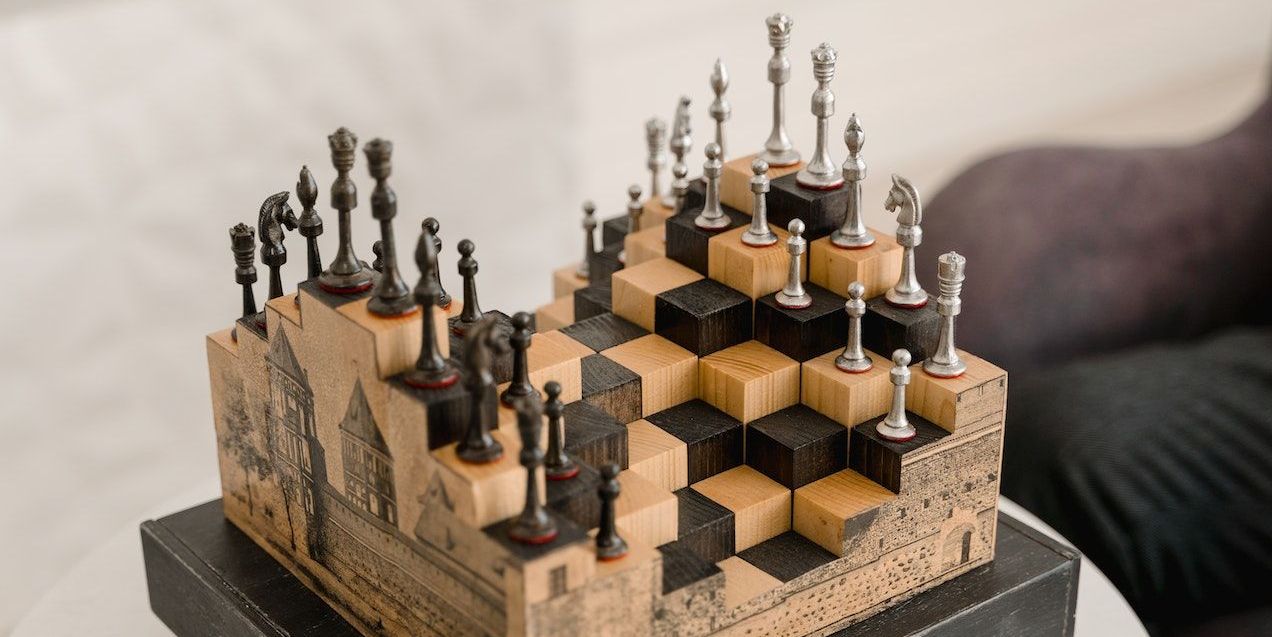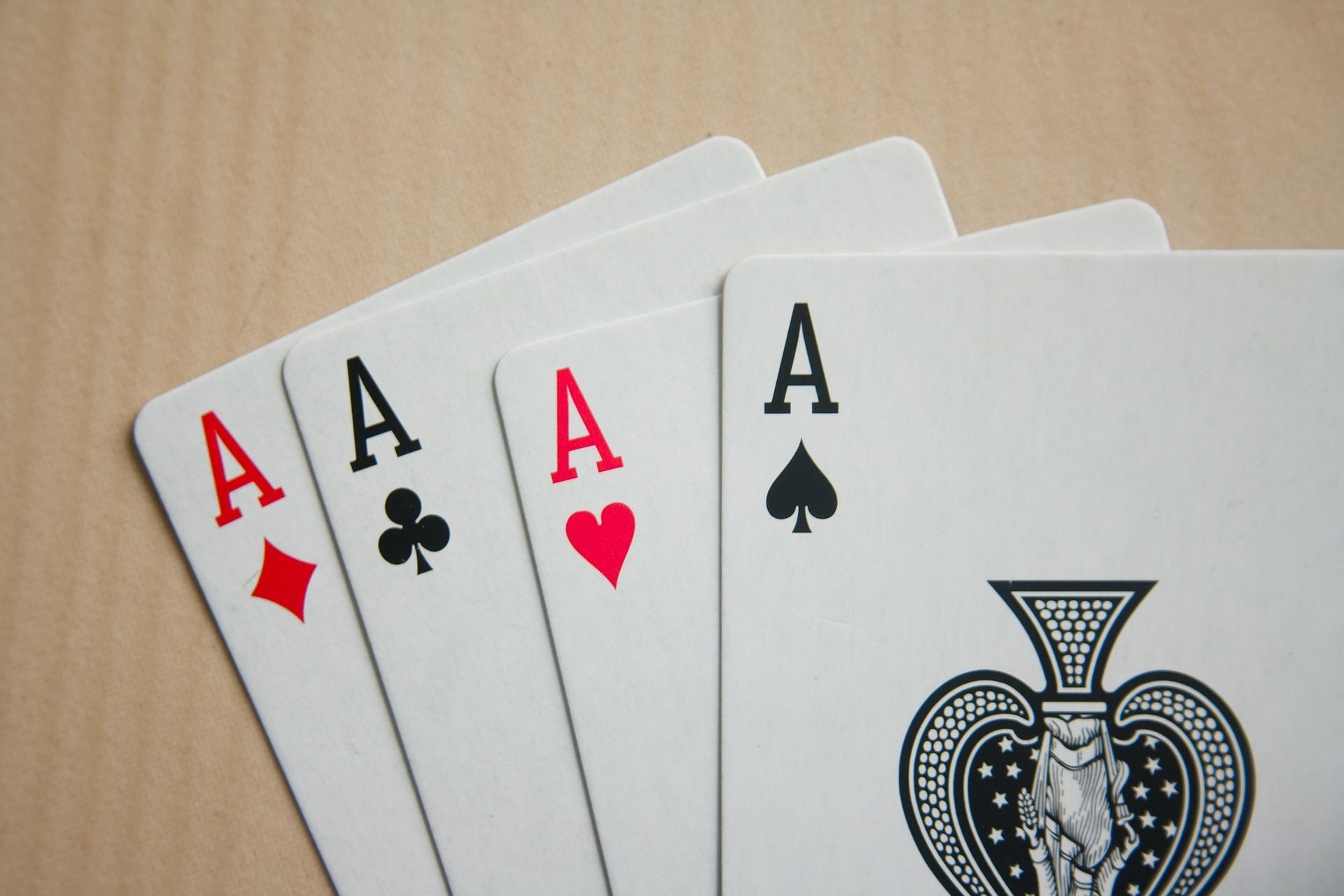It turns out Dunning-Kruger is wrong. People who are less smart aren’t more arrogant than the smart folks.
New evidence shows that Confirmation Bias and poor statistics delivered a very popular “scientifically proven” insight – that was dead wrong.

The Dunning-Kruger Effect says:
The more intelligent a person is, the more likely they are to be humble about their abilities. Conversely, individuals with lower intelligence tend to overestimate their own intelligence.
This has an instant appeal, and it has been very popular since the original paper was published in 1999. The experiment has often been re-run and validated. But it is bunkum.
The Dunning-Kruger experiment asked people to sit a logic test then asked them:
i) How many Qs do you think you got right? and
ii) How do you think you did compared to the others taking the test?
Generally both high and low performers were pretty good when answering question one. But for question two both the lowest performers and the highest performers guessed that they were above average. This overconfidence is a very common and well recognised human failing, Most people who drive (93%) think they are above average drivers. Most teachers (90%) think they are more skilled that other teachers. But the Dunning-Kruger Effect appeared to show that this overconfidence was stronger in the lower performers.
Many other psychologists using the same approach re-ran the experiment and confirmed its success. In good faith, they all missed the same built-in design error. As a result, it is very widely believed to be true and has entered popular thinking.
However, a 2023 study by the mathematician EC Gaze discovered that the existence of the Dunning-Kruger Effect is not backed up by the experimental data. The effect is simply a statistical anomaly, an artifact of research design.
Gaze did this by recreating the experiment but with randomly generated results. With random test scores and comparisons to others assigned to all the participants, the Dunning-Kruger Effect was still there in the outcomes.
The problem is obvious. Well, it is now that someone has pointed it out!
Full disclosure: I cheerfully referred to the Dunning-Kruger Effect in my book ‘Good Thinking & Bad’ published in 2019. I’m in the process of putting an update in the Kindle version.
The people with lower ability scores mark themselves as a bit above average. The higher scoring people also rank themselves as a little above average. Because they have more headroom, the lower scores have a bigger gap between their ‘I’m a bit above average’ and their actual score. Therefore, it appears that they are more boastful. If a random allocation of test scores and ratings produces exactly the same result, it is clearly not down to lower scorers having delusions of grandeur. It is a flaw in the experiment design.
Another study by Prof Edward B Nufher in 2016 confirmed that lower ability participants are actually quite good at assessing their own results. To be fair, the Dunning-Kruger experiment showed the same, and they said so. It’s just that the missed the point that all the participants assume everyone performs at about the same level as they do, and they all think that they are a bit better than average.
It's a classic case of confirmation bias delivering bad science. It is a very appealing idea that ‘less smart people are not smart enough to realise that they are not that smart’. It’s especially if you also know that you have above average intelligence 😉.
Like everyone else I didn’t spot the flaw in the Dunning-Kruger effect. In my defence I do feature in my book a similar oversight caused by confirmation Bias that led the Bill Gates Foundation to waste a lot of money promoting the idea that small schools are higher performers. (Spoiler alert – they are not. It is just another lies, damn lies, and statistics thing).
That means I must be smarter than the average author of popular science books! I'm right? Yeah?
References:
A good article by Fortune Magazine that points this out.
The original 1999 Paper by Kruger J., and Dunning D.,
Experiment by Ed Nufher March 2016 showing people are good at assessing theor own capabilities



